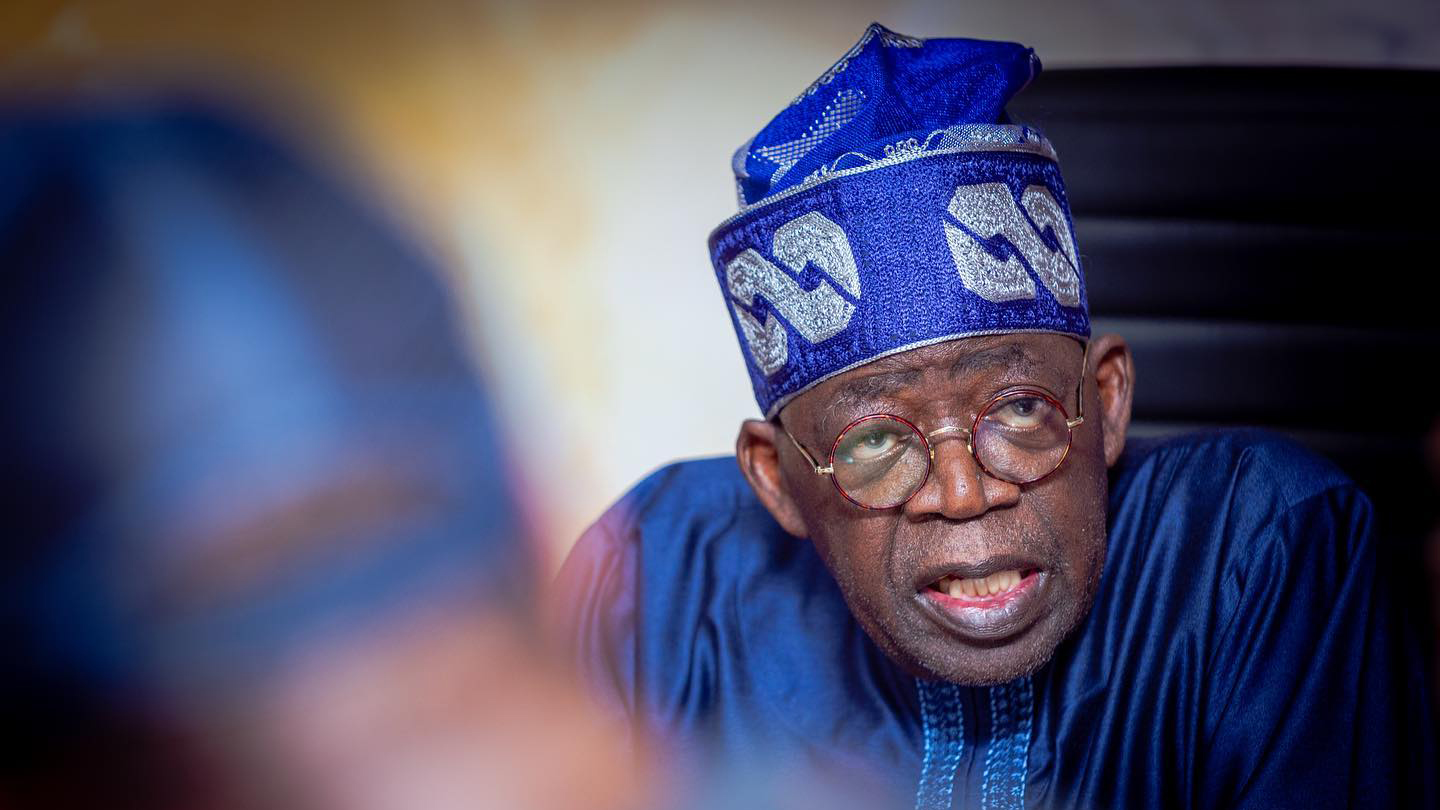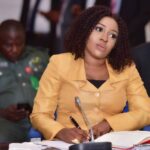On Sunday, July 9, 2023, President Bola Ahmed Tinubu emerged as the new Chairman of the Economic Community of West African States (ECOWAS) at the 63rd Ordinary Session of the Authority of Heads of State and Government held in Bissau, Guinea-Bissau.
Accepting the ECOWAS leadership position at his first attendance of the summit, following his swearing-in as president on May 29, 2030, Tinubu pledged to “bear the responsibility of the office and run an inclusive administration of the regional organisation.”
He, therefore, called for collective action from member-states, stating that under his leadership, frameworks would be harmonized to actualize the dreams of ECOWAS.
We, at Daily Trust congratulate President Tinubu for his emergence and pray that he leaves an indelible mark after his tenure.
Established on May 28, 1975, via the Treaty of Lagos, ECOWAS brings together 15 countries: eight French-speaking (Benin, Burkina Faso, Côte d’Ivoire, Guinea, Mali, Niger, Senegal, Togo), five English-speaking (Gambia, Ghana, Liberia, Nigeria, Sierra Leone) and two Portuguese-speaking (Cape Verde, Guinea-Bissau), with a total population of about 413.92 million people. ECOWAS countries have a GDP of $734.8 billion, representing, 0.07 per cent of global GDP.
The mandate of ECOWAS is to promote economic integration in all fields of activity among member states in order to raise living standards and promote economic development. But the sub-regional body has since evolved to include political and military cooperation.
These goals were to be achieved, amongst others, through harmonizing and coordinating national policies; promoting integration; the establishment of joint venture enterprises; establishing a common market; establishing an economic union; and the creation of a single monetary zone.
Generally, ECOWAS has enabled West African nationals and goods to move easily as trade barriers have been removed through the protocol of free movement of people and goods.
ECOWAS has largely achieved peace and security among member nations, which has partly been enhanced through the unhindered movement of people and goods and regular meetings of organs of the body.
Also, through its instrumentality, the ECOWAS Monitoring Group, established in August 1990 and led by Nigeria, deployed troops which helped to restore peace in the war-ravaged countries of Liberia and Sierra Leone.
But the reality is that ECOWAS has not achieved much as expected. The idea of a common currency for the region is still a pipe dream. Francophone countries are still tied to the West African Economic and Monetary Union (also known by its French-language acronym, UEMOA) which shares a customs and currency union. The Anglophone nations are yet to operationalize the West African Monetary Zone (WAMZ) which was established in December 2000 by the Authority of Heads of State and Governments of the five West African member states.
Also, the ECOWAS Standby Force (ESF) still remains on the drawing board. The recommendations of the four-day Political Strategic retreat on November 23, 2017, in Abuja that developed the Strategic Assessment, the ECOWAS President’s Strategic Planning Directive and the Mandate for the ESF deployment are still gathering dust. It has failed to implement the Regional Plan of Action on Fight against Terrorism 2020-2024.
The region still maintains its reputation as a “coup belt” with coup d’états occurring in the last three years in Mali, Guinea, and Burkina Faso, and military governments still in place. In addition, countries of the region are still battling challenges of terrorism and violent extremism, secessionist agitations, trans-border crimes to piracy, political instability, elections-related violence and drug trafficking.
With his coming on board as ECOWAS chairman and pledge to harmonise frameworks to actualize the dreams of the regional body, it is imperative that President Tinubu starts with operationalizing the ECOWAS Committee on Education, Science and Culture so as to streamline matters relating to training institutions and encouraging exchanges between schools and universities. This will help to promote the teaching and practice of the official languages of the community, encouraging scientific advancement and cultural promotion through the harmonisation of national policies and programmes.
This will aid cultural integration which was promulgated in 1987, through the ECOWAS Cultural Protocol, but is yet to be implemented 36 years after. Bilateral cultural agreements which form the first objective of the protocol, have also not been achieved between member states.
This is the time to harness the region’s cultural diversity for the good of the people.
Already, the 15 member countries have both cultural and geopolitical ties. These are to be harnessed through cultural exchanges and full use of language as platform of affinity. For example, the use of the Hausa language comes for top consideration. After all, it’s a common language in the northern parts of Nigeria, Ghana, Cameroon, Benin and Togo, and the southern half of Niger, Chad and Sudan, with significant minorities in Ivory Coast.
It is time for ECOWAS to fully use cultural ties as the peg for regional integration. This is a road not being taken, but which it has to. Their summits must go beyond photo opportunities.
This is also the time to loosen colonial ties as Francophone countries are more integrated to France than to each other or other member-states.
And Nigeria, with Tinubu on board as ECOWAS chairman, must lead the charge for repositioning the body towards meeting the aspirations of its foundation fathers with cultural integration as major plank.

 Join Daily Trust WhatsApp Community For Quick Access To News and Happenings Around You.
Join Daily Trust WhatsApp Community For Quick Access To News and Happenings Around You.



